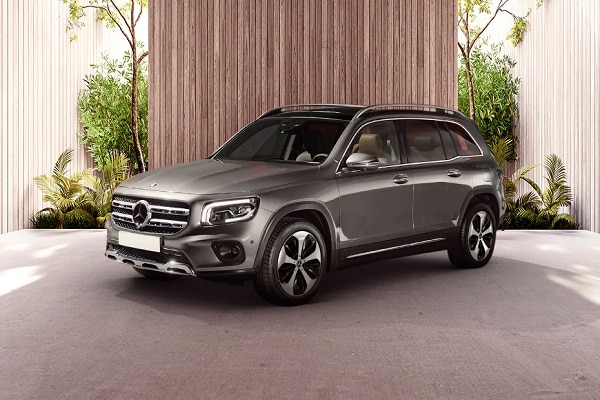Planning to buy a car in 2022? Be prepared to shell out more. Here's why
- Passenger vehicles from brands like Maruti, Mercedes and Audi will get more expensive from January due to rising input costs, say these companies.


Your next car purchase may become a costlier exercise in case it is the new year that you had in mind for vehicle shopping. This is because a number of automakers have confirmed price hikes across their respective models come January of 2022. While Maruti has announced a hike in prices across its mass-market models, Mercedes and Audi are key players in the luxury space also going down this same path.
While Maruti and Audi will hike prices of all of its models offered in the country, Mercedes has said the upward price revision will be on select models, as per a PTI report. What is common though is that all of these companies have cited rising input costs as the main reason why a price hike has been deemed necessary. "To offset rising input and operational cost, a price correction is necessary," said Balbir Singh Dhillon, Head at Audi India. “The new price range of our select vehicles will ensure the brand's premium price positioning, thereby assuring sustainable growth both for the brand and our dealer partners." (Full report here)
Also check these Cars
Maruti, in a regulatory filing, elaborated on why a price increase is required. “Over the past year, the cost of company's vehicles continue to be adversely impacted due to increase in various input costs. Therefore, it has become imperative for the company to pass on some impact of the above additional costs to customers through a price hike," noted the country's largest car maker. (Full report here)
These three car companies are not expected to be the only brands to firm up decision to go the price hike way. With a global shortage in semiconductor chip very likely to continue posing a challenge, supply-side issues have plagued almost every single OEM regardless of the number of models offered and the volume play at stake.
But the price hike decisions could have hardly come at a worst time. Experts say that while December sales could get a boost due to the impending hikes in wait from January onwards, the recovering demand in the Indian automotive space may once again come under a cloud of gloom due to possible uncertainties that may be created by the Omicron variant of Covid-19. How countries respond to this new and more transmissible variant may also have an impact on supply of components and the world economy as a whole. While chip shortage has forced many companies to announced production suspension days in the past, lockdown - if announced - would come as yet another blow.








 80 kWh
80 kWh 471 Km
471 Km
 2999 cc
2999 cc Multiple
Multiple














